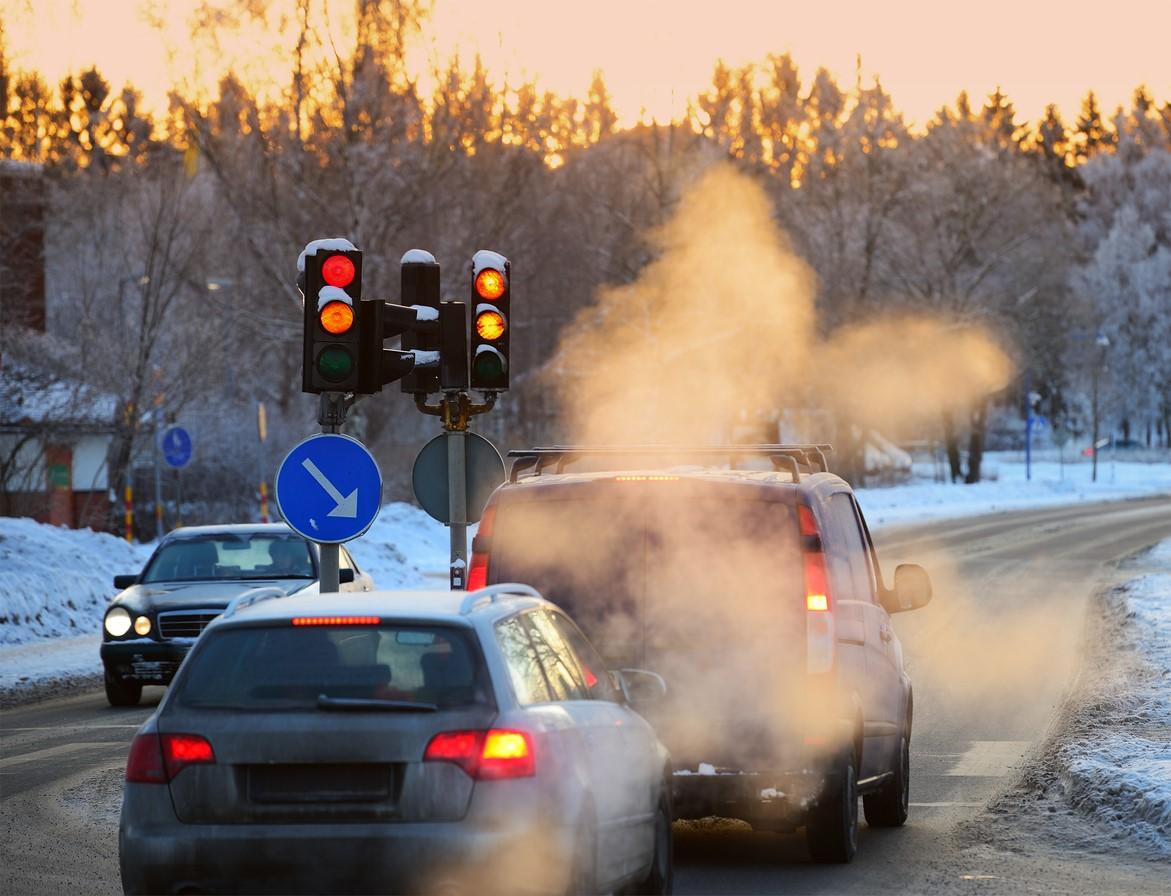An observational JAMA Network Open study today involving young adults in Sweden suggests that short-term exposure to even relatively low levels of air pollution is tied to a higher risk of later testing positive for COVID-19, likely by worsening symptoms in those already infected.
A team led by researchers from the Karolinska Institutet in Stockholm linked the prospective Children, Allergy Milieu, Stockholm, Epidemiology birth cohort (following 4,089 infants born from 1994 to 1996) to the Swedish national infectious disease registry to identify positive COVID-19 test results from May 5, 2020, to Mar 31, 2021.
From August to June 2021, participants were invited to complete online questionnaires and undergo a clinical examination. Median age was 25.6 years.
A total of 425 participants were diagnosed as having COVID-19. The investigators used dispersion models to estimate daily levels of air pollution consisting of particulate matter, black carbon, and nitrogen oxides at home addresses. The primary source of air pollution in Stockholm is road traffic, the researchers noted.
Findings may be of 'great significance to public health'
Each interquartile range increase in short-term exposure to small-diameter (2.5 micrometers [μm] or smaller) particulate matter (inhalable microscopic solids or liquids) was linked to a relative increase of 6.8% in positive COVID-19 test results in the next 2 days.
Exposure to larger-diameter (10 μm or smaller) particulate matter was associated with a 6.9% increase in positive tests within 2 days, while black carbon exposure was linked to a 5.8% increase by the next day. No such link to nitrogen oxides was found. The findings didn't change when considering sex, smoking, asthma, overweight, or COVID-19 respiratory symptoms.
"Seven per cent doesn't sound [like] much, but given that everyone is more or less exposed to air pollutants, the association may be of great significance to public health," joint senior author Erik Melén, MD, PhD, said in a Karolinska Institutet news release.
The study authors said that the findings, when taken together with those of previous studies, suggest that short-term exposure to air pollution has a role in aggravating COVID-19 symptoms in those already infected rather than in aiding viral spread.
"Short-term exposure to air pollution can affect airway inflammation and oxidative stress, whereas absorbed air pollutants may cause deep lung irritation and immunomodulation of the host response to infection, possibly worsening the severity of existing infection," they wrote. "These findings support the broad public health benefits of reducing ambient air pollution levels."
The researchers cautioned that the findings may have been affected by the willingness to take a COVID-19 test, the asymptomatic or mild nature of many infections, and time-varying confounding factors.




















